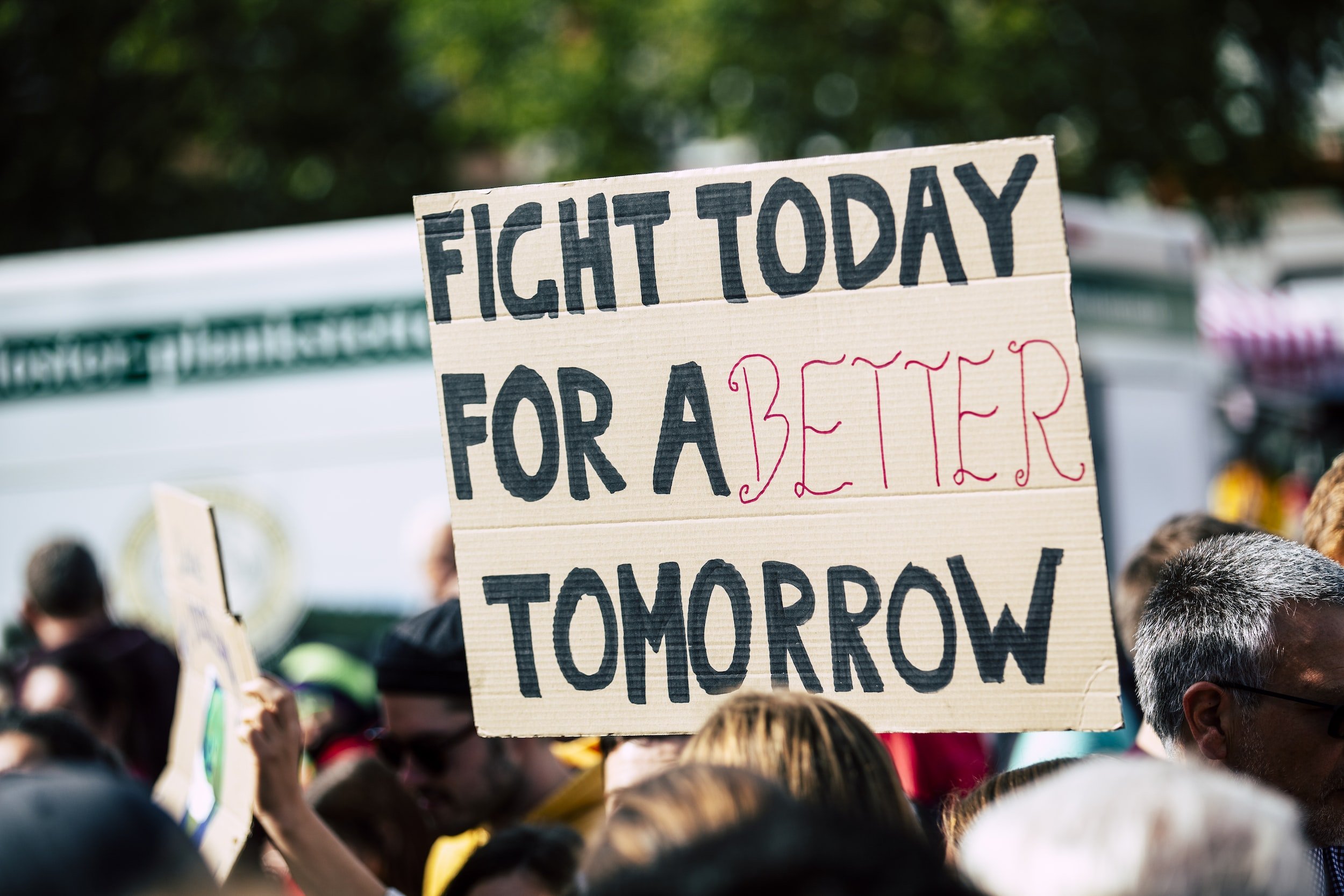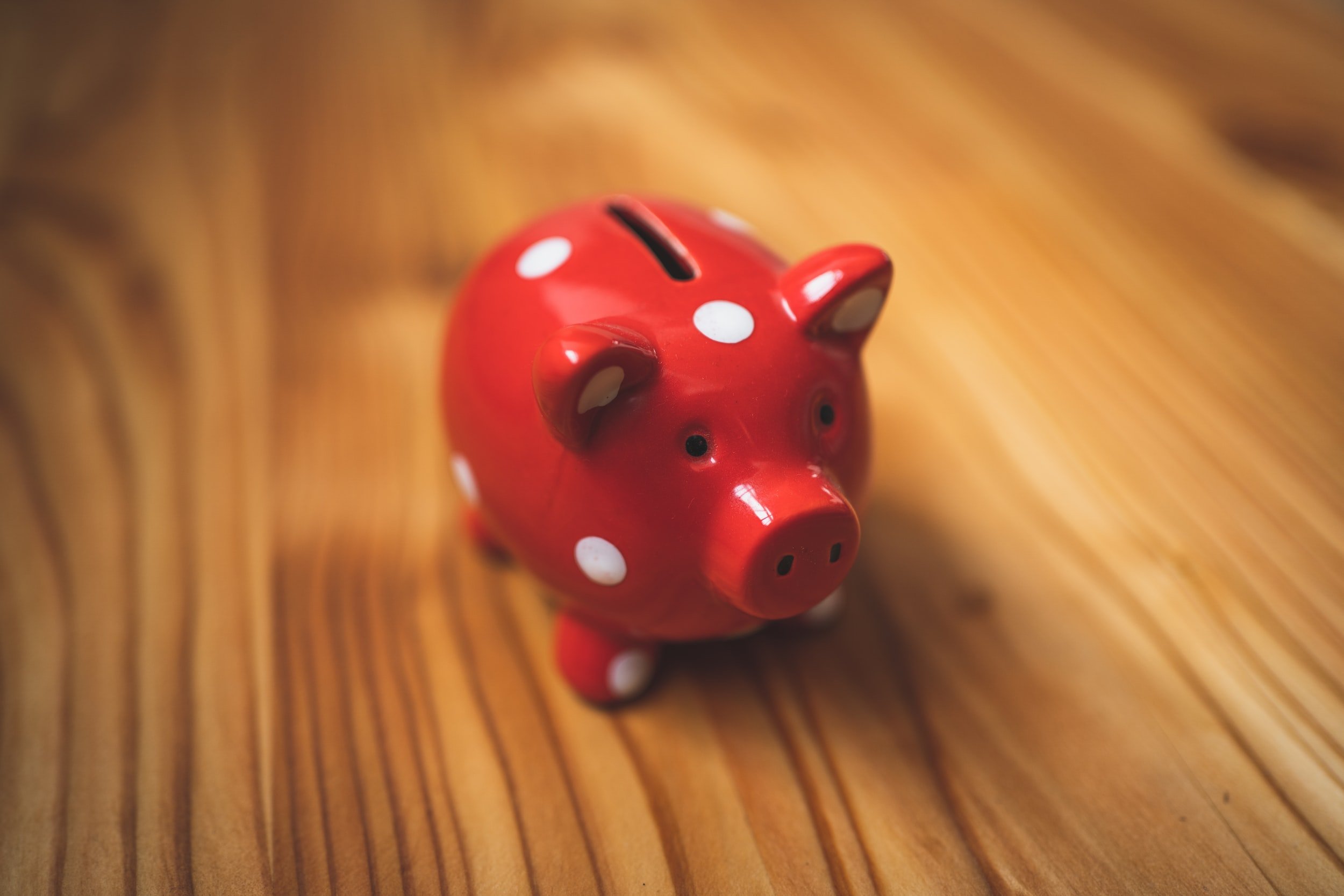For the Future Friday
A day to consider larger lifestyle changes to reduce our greenhouse gas emissions and to think about our personal commitment to stopping the climate emergency.
Before we begin. Start your Saturday evening, tomorrow 6:30- 8:00, with Zoom Climate BINGO. It’s educational and a good time with others! Please sign-up ahead of time by using this sign-up button to get an email with the links you will need.

Back to Friday. No Actions today, just a short read. You can find sources for today’s page in the Resources section.
Get the Picture…
The Big Picture:
“To preserve a livable climate, greenhouse-gas emissions must be reduced by half by 2030 and to net zero by 2050.”
Same Big Picture, Different Angle:
“A zero carbon world will be cheaper, cleaner, safer, more reliable, more sustainable, and create more employment than a world bound to fossil fuels.”
Same Picture, Third Vantage Point:
“The typical American’s annual per capita carbon footprint is over five times the world per capita average.”
A Final Look at the Picture:
“To accomplish this emissions reduction “we must electrify everything where possible and where not, switch to hydrogen, biofuels, or carbon capture. Electrification will replace oil-powered transport, gas-powered heating, and coal-powered industry. The change will be all-encompassing, but requires no compromise on quality of life: simply the breaking of old habits.”
Individual Consumption
Travel and home energy use are two key areas of individual consumption not yet mentioned during Climate Week. It’s important to conserve home energy by adjusting your thermostat to not be wasteful as well as to make building modifications to increase efficiency. And of course, less travel will use less energy. For road travel keep your tires inflated to the correct level and driving as though there were an egg under your gas pedal will help on fuel consumption, and your ankle fitness, as well.
Part of the transition to a clean energy future comes from already familiar lifestyle changes like these. But part of the transformation lies in the bigger decisions in our lives that will require more investment and some homework. But it’s all exciting and good! Here’s a list to start thinking about:
-
If you know that you might be looking for a new or used car in the next year, do some homework and planning. Right now, many cars require ordering months ahead. So have some fun, take some time now figure out a cleaner car that will best fit your lifestyle. Take one for a test drive! Could an EV work for you? A type of Hybrid? Here’s a good link to learn about savings available through the Inflation Reduction Act from Rewiring America.
-
Right now the best solution for balancing out greenhouse gasses emitted by flying is to make up for those emissions with a carbon offset. Funds spent on carbon offsets pay for removing or reducing carbon emissions elsewhere. It’s important to research to find a reputable carbon offset ahead of time.
-
What’s a heat pump and why are gas stoves in the news?
Our transition away from fossil fuels will mean “electrifying everything” in our homes. This diagram Building Electrification for Residential Property Owners and Renters from the City of Oakland’s website, does a great job of showing clean energy and clean electricity as well as building efficiency features on a home. For most of us this is a process that will happen over time, but now is the time to prepare, even if your electricity currently comes from a utility powered by fossil fuels.* Fortunately, funding from the Inflation Reduction Act supports many of these upgrades. Here’s a song that sums it all up, The Inflation Reduction Act Song Now, about the heat pumps and induction stoves.
A heat pump is a home heating and cooling device, powered by electricity, which is highly efficient, better for the environment and is eligible for tax rebates. It’s homework time again. Find out what kind of heat pump is right for your home before the furnace breaks in the middle of a winter night. It’s always easier to just replace what’s been lost but that’s a long term commitment to using fossil fuels.
Switching away from a gas stove is another way to electrify your home. Here are two other very entertaining and educational clips from Rewiring America to help you learn about induction stoves. We Show Stephen Colbert How Safe Induction Stoves Are and Jonathan Scott is Fancy
Also, keep an open mind about solar in your future. Financial support for solar installation is available through the Inflation Reduction Act. And, in Michigan, many groups are working right now to make solar a viable option for more Michigan residents soon.
Again here’s an easy to use calculator savings available through the Inflation Reduction Act from Rewiring America.
-
Are the institutions holding your savings or investments heavily invested in fossil fuels? You might want to read and/or listen to some of the information referenced in the Money section below.
Those are some of the bigger lifestyle considerations that lay ahead. The great news is that we already have the solutions available to stop the climate crisis and systems are already transforming. It’s very exciting to be part of the clean energy future as it happens. However, that transition will require some homework, and it may lead to some tough choices and decisions that might cause some disruption in our lives.
It comes down to our will. Here we are, in this critical and extremely complex moment in history. Will we take steps to change our lifestyles and push to transform our energy structures as quickly as possible to try to hold climate impacts near a level we are already seeing?
Or will we, and this is meant with the greatest understanding and compassion; drag our feet, complain, make excuses, be cynical, look the other way or otherwise delay?
“We have come this far because we are the smartest creatures that have ever lived. But to continue we require more than intelligence. We require wisdom.”

Bright Spots
France will ban travelers from taking short-haul domestic flights when there is a viable rail alternative. It will start with three routes. Banning other routes is under consideration.
One more very unique and memorable video from Rewiring America. If you remember the ‘80s, or even if you don’t, here’s a primer on home electrification and funding available, designed for the mind and body
Electrification Workout | Rewiring America
Resources:
About Our Role In This:
Want to Figure Your Carbon Footprint? Here’s one online tool:
“A carbon footprint is the total greenhouse gas (GHG) emissions caused directly and indirectly by an individual, organization, event or product.”
The Carbon Trust (2018) Carbon Footprinting www.nature.org/greenliving/carboncalculator/
How much carbon was in the atmosphere the year you were born?
Commentary published by the International Energy Agency 2/23
An Article about the Inequality of Carbon Emissions Across Income Groups
Your Money:
Very Interesting Interview with Marilyn Waite, Managing Director of the Climate Finance Fund, starts at 25:27
https://www.degreespod.com/episodes/season-3-episode-
“Fossil fuel financing from the world’s 60 largest banks has reached USD $4.6 trillion in the six years since the adoption of the Paris Agreement, with $742 billion in fossil fuel financing in 2021 alone.” From the Banking on Climate Chaos 2022 Report Banking On Climate Chaos
The organization, Third Act, focused on bringing those 60 and above to action, is taking on banks to stop funding the expansion of the fossil fuel industry. Read About How Third Act is Taking On the Bank
Quoted at the start of today’s page:
An immersive read, quoted above, from Mathew Hampshire-Waugh
Synopsis of CLIMATE CHANGE and the road to NET-ZERO by Mathew Hampshire-Waugh
Find lots of information and an action app at the United Nations’ Act Now website Act Now United Nations
An article and book about the importance of optimism in creating our future:
The Politics of Optimism The Politics of Optimism, Alex Steffen originally published3/25/08
The Future We Choose https://www.globaloptimism.com/the-future-we-choose
About evaluating a carbon offset:
http://mitsloan.mit.edu/ideas-made-to-matter/how-to-choose-carbon-offsets-actually-cut-emissions
A look at the Challenge of Air Travel Emissions:
https://www.cntraveler.com/story/sustainable-aviation-future-of-travel
Just interesting- Stories of individuals choosing trains over plane travel in Europe and Asia
Electrification: https://www.rewiringamerica.org/electrify-home-guide
RMI has a lot of great information to offer on de-carbonizing. RMI






